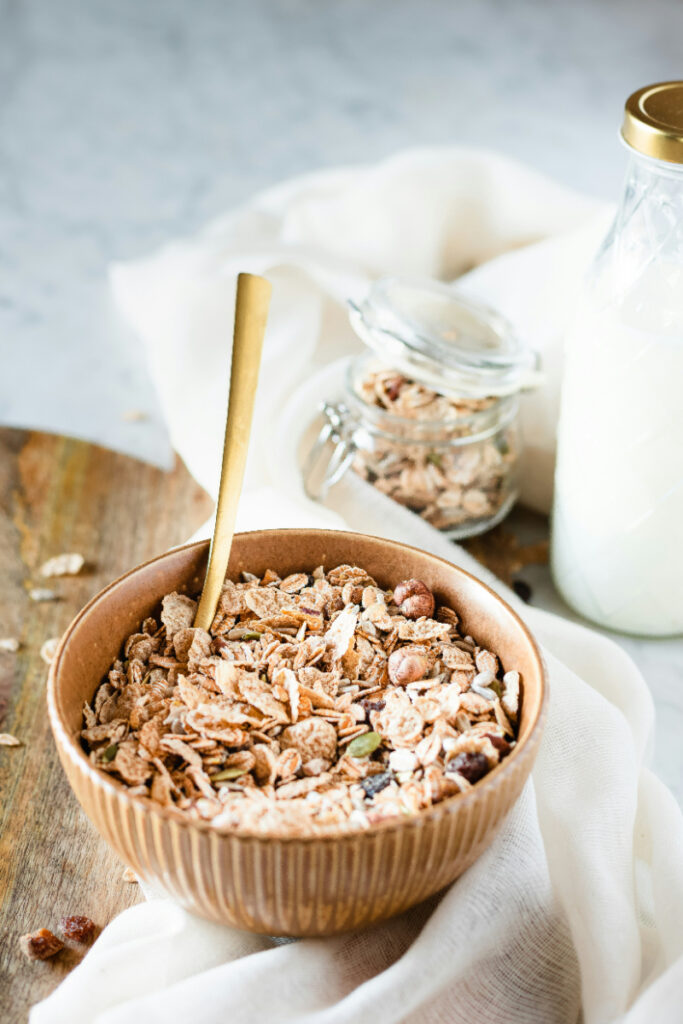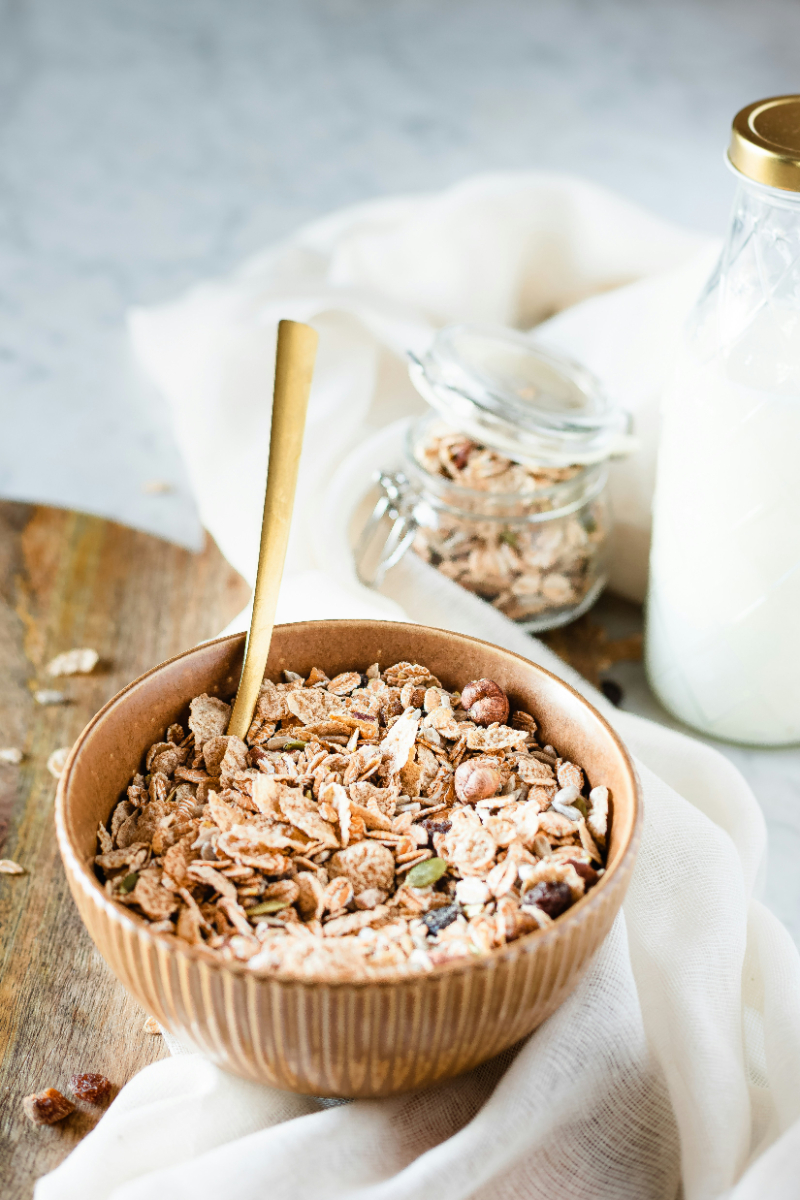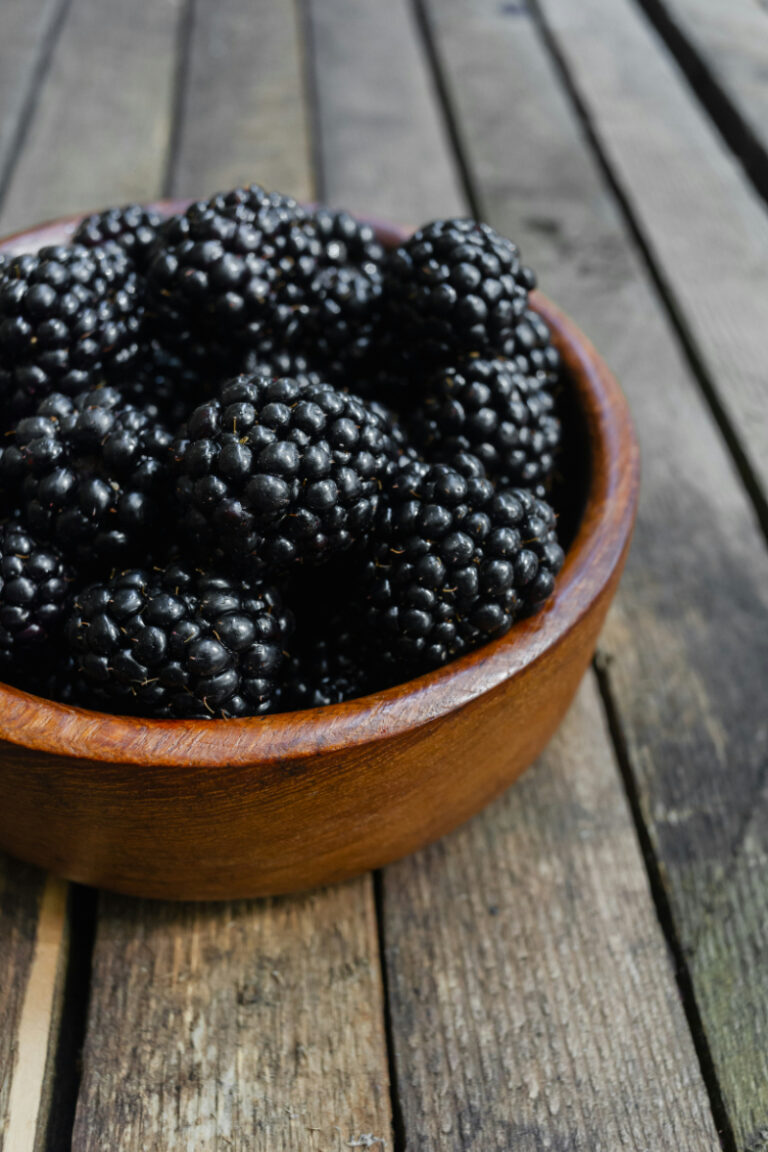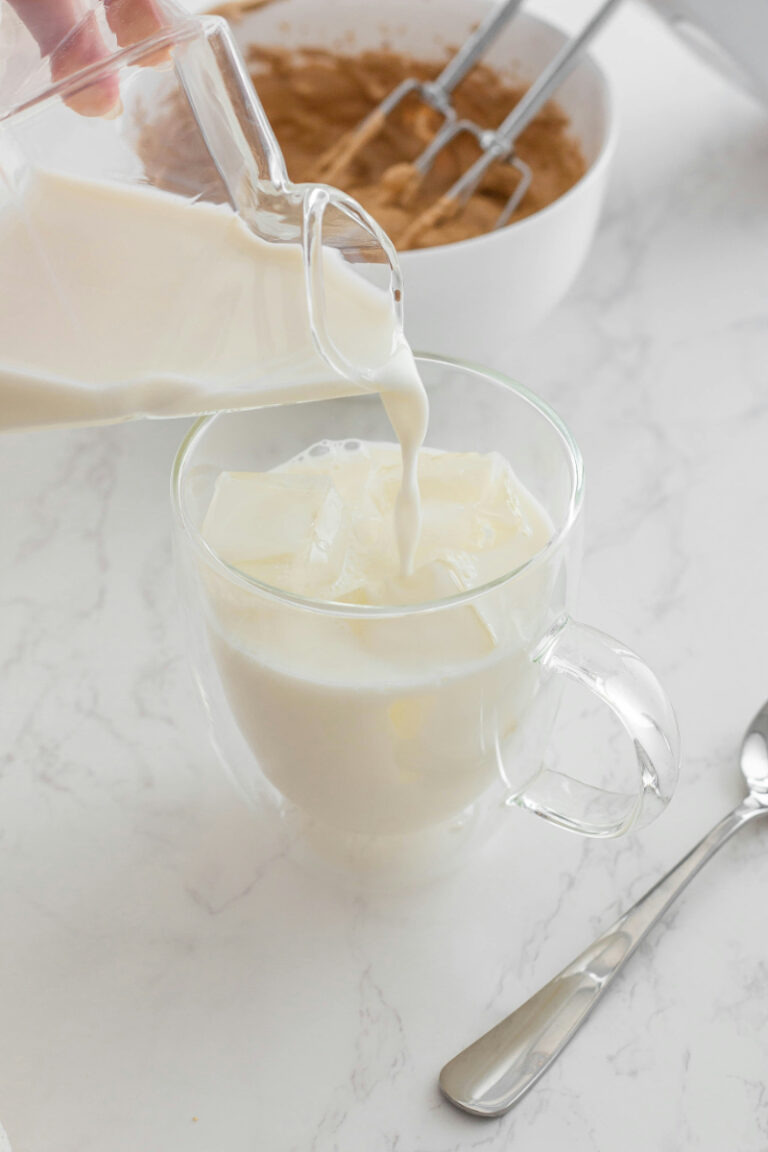How Many Carbs Are in a Cup of Oatmeal? A Friendly Guide to Oatmeal Nutrition
Are you wondering how many carbs are in a cup of oatmeal? Oatmeal is a popular breakfast food that is known for its numerous health benefits. It is a great source of fiber, protein, and essential vitamins and minerals. However, if you are watching your carbohydrate intake, you may be curious about how many carbs are in a cup of oatmeal.
The amount of carbs in a cup of oatmeal can vary depending on the type of oats you use and how they are prepared. Rolled oats, steel-cut oats, and instant oats all have different amounts of carbs per serving. Additionally, adding sweeteners or other ingredients to your oatmeal can also increase the carb count. In the next few paragraphs, we will explore the carb content of different types of oatmeal and how you can make healthier choices when preparing your breakfast.

Nutritional Profile of Oatmeal
Oatmeal is a popular breakfast food that is known for its nutritional value. It is a good source of fiber, protein, and other essential nutrients. In this section, we will discuss the nutritional profile of oatmeal and its carbohydrate content.
Carbohydrate Content in a Cup of Oatmeal
One cup of cooked oatmeal contains approximately 25-30 grams of carbohydrates. These carbohydrates are mainly in the form of complex carbohydrates, which are slowly digested by the body and provide a steady source of energy. Oatmeal is also low in sugar, with less than 1 gram of sugar per cup.
If you are counting your carbohydrate intake, it is important to keep in mind that adding sweeteners or toppings to your oatmeal can significantly increase its carbohydrate content. For example, adding 1 tablespoon of honey to your oatmeal can add an additional 17 grams of carbohydrates.
Fiber and Sugar Ratios
Oatmeal is an excellent source of fiber, with one cup of cooked oatmeal containing 4-5 grams of fiber. This fiber can help regulate blood sugar levels, promote digestive health, and reduce the risk of heart disease.
Oatmeal is also low in sugar, with less than 1 gram of sugar per cup. This makes it a healthier option than many processed breakfast cereals, which can be high in sugar and low in fiber.
In conclusion, oatmeal is a nutritious breakfast food that is low in sugar and high in fiber and complex carbohydrates. It can be a great addition to a healthy diet and can help you maintain steady energy levels throughout the day.
Health Benefits of Oatmeal Carbohydrates
If you’re looking for a healthy breakfast option, oatmeal is a great choice. It’s packed with nutrients, including carbohydrates, which provide energy for your body. Here are some of the health benefits of oatmeal carbohydrates.
Energy Provision
Carbohydrates are the primary source of energy for your body. When you eat carbohydrates, your body breaks them down into glucose, which is used by your cells for energy. Oatmeal is a great source of complex carbohydrates, which are digested more slowly than simple carbohydrates. This means that the energy from oatmeal is released more slowly and provides a steady source of energy throughout the morning.
Digestive Health
Oatmeal is also a great source of fiber, which is important for digestive health. Fiber helps to keep your digestive system running smoothly by adding bulk to your stool and promoting regular bowel movements. Oatmeal contains both soluble and insoluble fiber, which work together to keep your digestive system healthy.
Soluble fiber dissolves in water and forms a gel-like substance in your digestive system. This gel-like substance helps to slow down the digestion of carbohydrates, which can help to regulate blood sugar levels. Insoluble fiber, on the other hand, does not dissolve in water and adds bulk to your stool. This helps to prevent constipation and other digestive problems.
In conclusion, oatmeal is a great source of carbohydrates that provides energy for your body and promotes digestive health. By including oatmeal in your breakfast routine, you can start your day off on the right foot and set yourself up for a healthy and productive day.
Comparing Oatmeal to Other Breakfast Options
When it comes to breakfast, oatmeal is a popular choice for many people. But how does it compare to other breakfast options? Let’s take a look at how oatmeal stacks up against cereal and toast.
Oatmeal vs. Cereal
Cereal is a common breakfast option that comes in many different varieties. While some cereals can be a healthy choice, others are loaded with sugar and other unhealthy ingredients.
When comparing oatmeal to cereal, oatmeal is generally the healthier choice. A half cup of oatmeal contains roughly 27 grams of carbs, while a serving of cereal can contain anywhere from 20 to 50 grams of carbs depending on the brand and type. Additionally, oatmeal is a good source of fiber, which can help keep you feeling full and satisfied throughout the morning.
Oatmeal vs. Toast
Toast is another popular breakfast option that is quick and easy to prepare. However, it is important to choose the right type of bread to ensure that you are getting a healthy breakfast.
When comparing oatmeal to toast, oatmeal is once again the healthier option. A slice of whole wheat toast contains roughly 14 grams of carbs, while a half cup of oatmeal contains twice that amount. Additionally, oatmeal is a good source of protein and fiber, which can help keep you feeling full and satisfied throughout the morning.
Overall, when it comes to choosing a healthy breakfast option, oatmeal is a great choice. It is low in calories and carbs, high in fiber and protein, and can be customized to fit your taste preferences. So next time you’re looking for a healthy breakfast option, consider reaching for a bowl of oatmeal.






